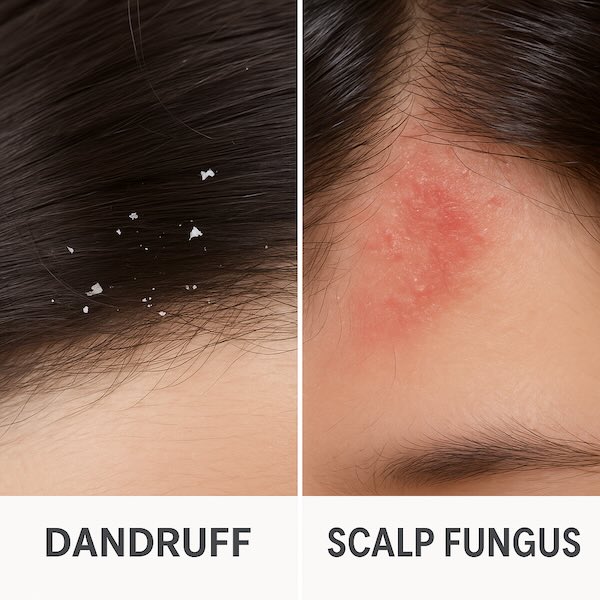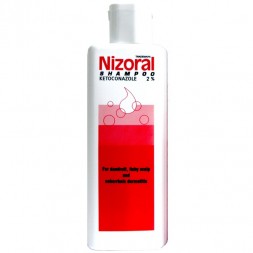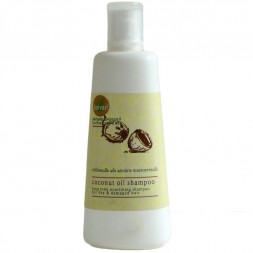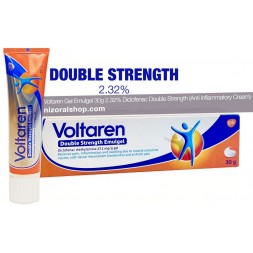
Most people assume they have dandruff when their scalp itches and flakes. But what if it’s not dandruff? What if it’s actually scalp fungus—and you’ve been using the wrong shampoo all along?
The difference between dandruff and a fungal scalp infection may seem subtle, but choosing the correct treatment depends entirely on knowing which one you're dealing with. Let’s break down the key differences, symptoms, and how to treat each condition effectively.
What is Dandruff?
Dandruff is a non-inflammatory condition that causes dry white or yellowish flakes to appear on the scalp and hair. It’s usually caused by excess oil production, mild irritation, or sensitivity to certain hair products. Although annoying, dandruff is often harmless and easily managed with over-the-counter shampoos.
Signs You Likely Have Dandruff:
-
White or yellow flakes that fall on your shoulders
-
Mild to moderate itchiness
-
No visible redness or swelling
-
Dry, flaky skin on other areas like eyebrows or beard
-
Symptoms come and go with weather changes or product use
What is Scalp Fungus?
Scalp fungus, often caused by an overgrowth of the Malassezia yeast, is a deeper issue. This fungus thrives in oily environments and causes inflammation, redness, and scaling. Scalp fungus is commonly associated with seborrheic dermatitis or tinea capitis and often requires antifungal treatment like ketoconazole shampoo.
Signs You Might Have Scalp Fungus:
-
Persistent and intense itchiness
-
Red, inflamed, or greasy patches on the scalp
-
Yellow scales or crusting around the hairline
-
Hair loss in patchy areas
-
The condition worsens without antifungal treatment
Dandruff vs. Scalp Fungus: Key Differences
| Feature | Dandruff | Scalp Fungus |
|---|---|---|
| Cause | Oil, irritation, product buildup | Fungal overgrowth (e.g., Malassezia) |
| Flakes | White or yellow, dry | Greasy, stuck-to-scalp flakes |
| Redness/Inflammation | Rare or mild | Frequent, visible |
| Itching | Mild to moderate | Intense and persistent |
| Response to shampoo | Improves with anti-dandruff shampoos | Only improves with antifungal shampoos |
| Hair Loss | Rare | Common in severe cases |
Why It Matters
Treating dandruff with a regular anti-dandruff shampoo when you actually have scalp fungus won’t work—and may even worsen the symptoms. Many anti-dandruff shampoos don't contain antifungal ingredients strong enough to kill the fungi causing your condition.
That’s why ketoconazole shampoo, such as Nizoral Shampoo 2%, is the preferred treatment for fungal scalp conditions. It directly targets Malassezia yeast and restores the scalp’s balance.
How to Treat Dandruff
If your issue is truly dandruff (not fungus), you’ll benefit from:
-
Using mild, pH-balanced shampoos
-
Avoiding overuse of styling products
-
Washing your hair regularly but not excessively
-
Staying hydrated and managing stress
Your dandruff should improve with time and consistent care. If it doesn't, you might be dealing with something deeper.
How to Treat Scalp Fungus
Scalp fungus requires targeted antifungal treatments. Start with:
1. Ketoconazole Shampoo
Nizoral Shampoo 2% is highly effective in eliminating scalp fungus. Use it twice weekly, leaving it on your scalp for 3–5 minutes before rinsing thoroughly. It's safe, dermatologist-approved, and specifically formulated to treat fungal overgrowth.
2. Ketoconazole Cream
If you have localized fungal patches, apply Nizoral Cream directly to affected areas. This concentrated antifungal formula works well for stubborn cases, especially along the hairline or behind the ears.
3. Avoid Sharing Brushes or Hats
Fungal infections like tinea capitis can be contagious. Avoid sharing combs, towels, or hats to prevent spreading the condition.
4. Consult a Dermatologist
If symptoms worsen or don’t improve within four weeks of using antifungal shampoo, consult a medical professional. You may need prescription-strength treatments.
Can You Have Both?
Yes—some people suffer from both dandruff and scalp fungus at the same time. In these cases, the scalp might be sensitive, flaky, and also infected with fungus. This dual condition requires a balanced approach:
-
Use ketoconazole shampoo to treat fungus
-
Apply a gentle conditioner to keep your scalp hydrated
-
Avoid alcohol-based styling products or harsh chemicals
Keep in Mind
The next time your scalp starts flaking or itching, don’t assume it’s just dandruff. It could be something deeper—like scalp fungus—that needs targeted antifungal treatment. Understanding the difference between the two is the first step toward permanent relief.
Visit our Nizoral Shampoo section and explore the right treatments to take control of your scalp health today.





